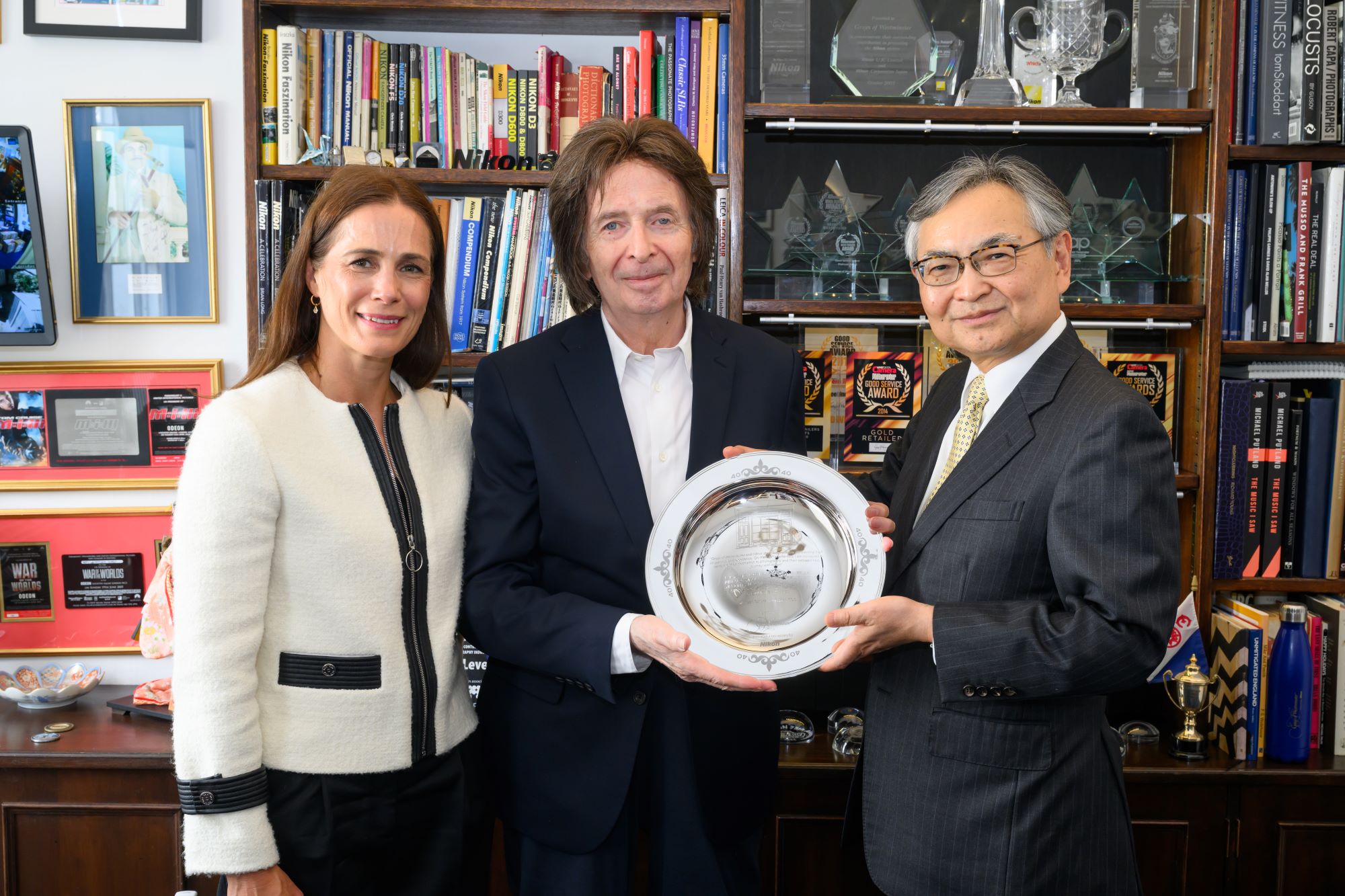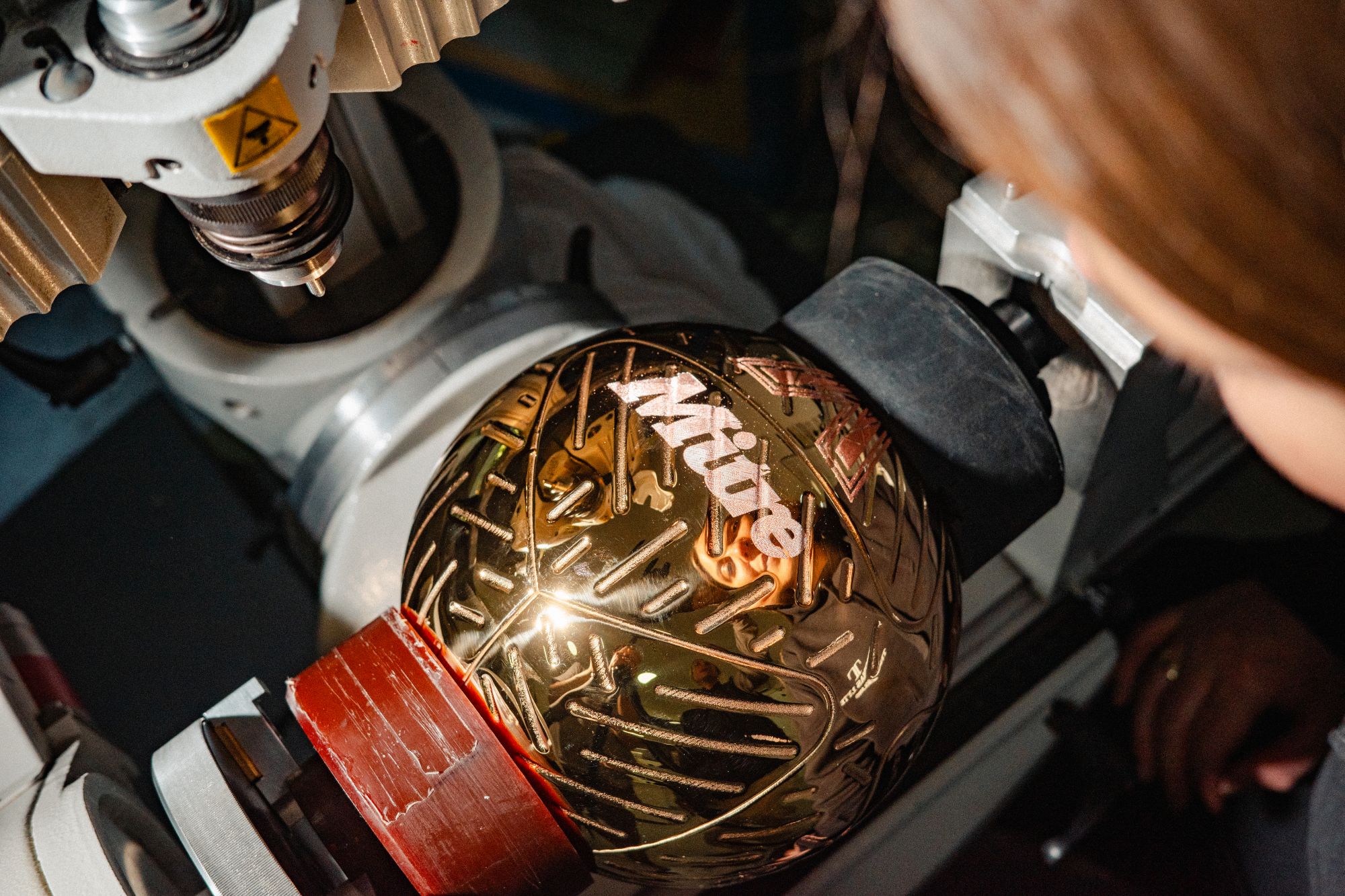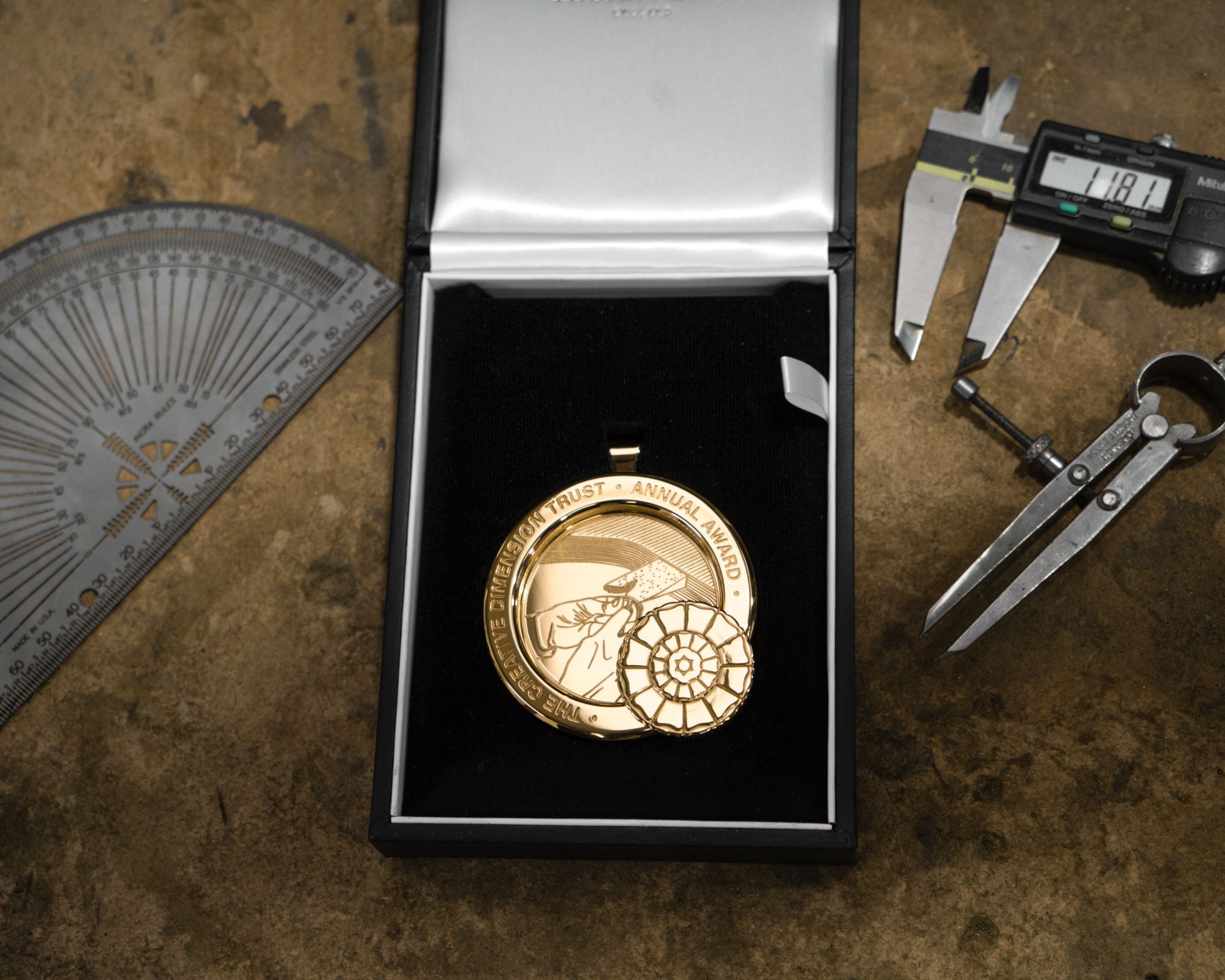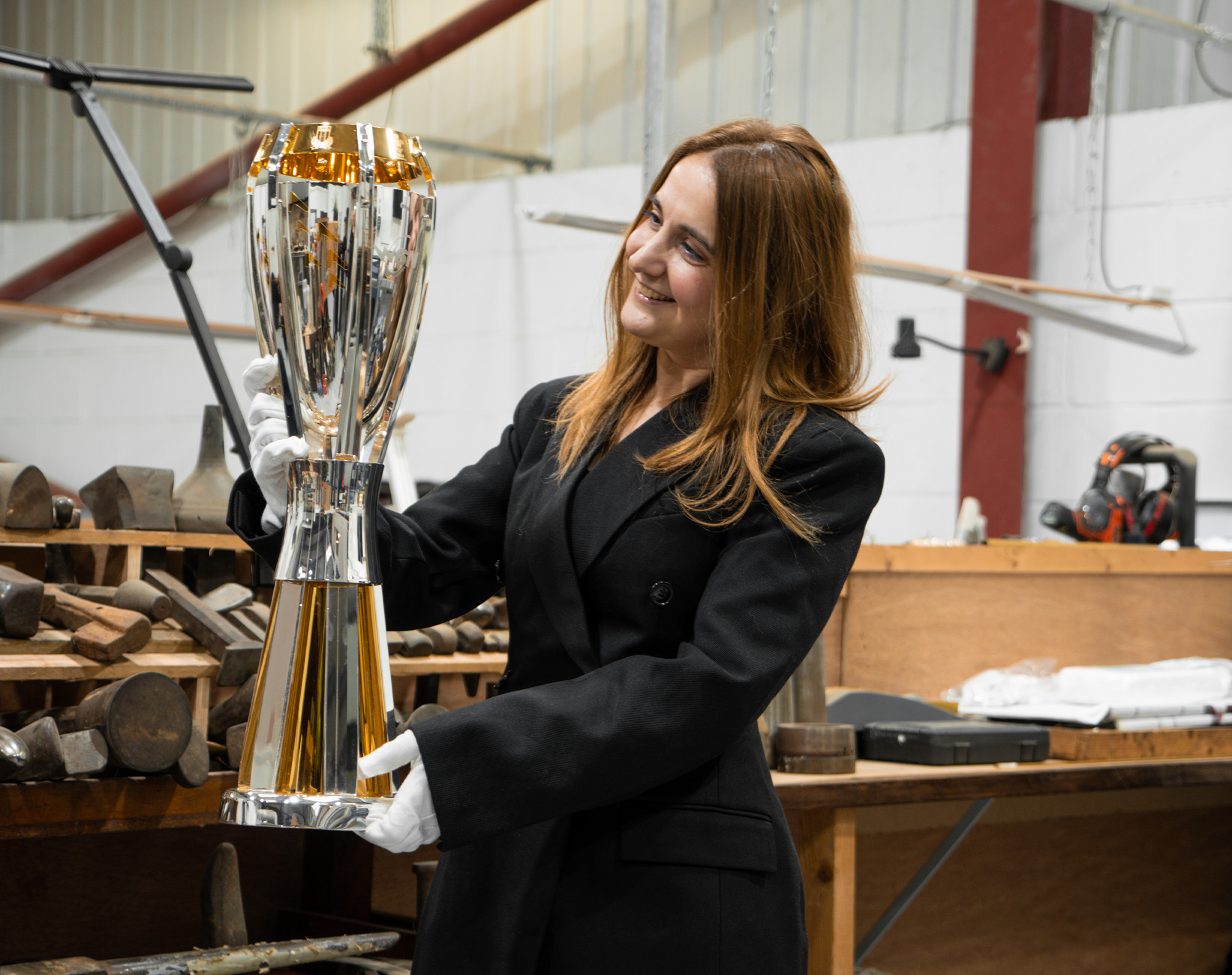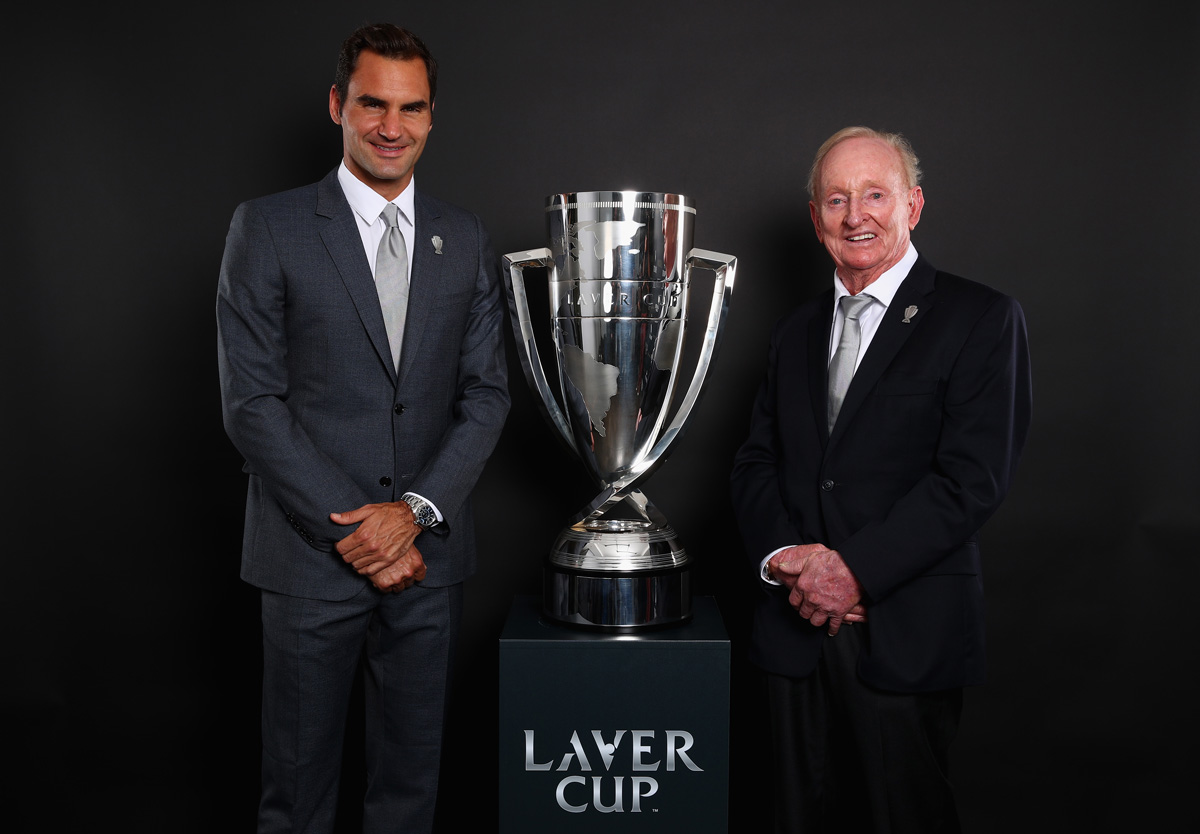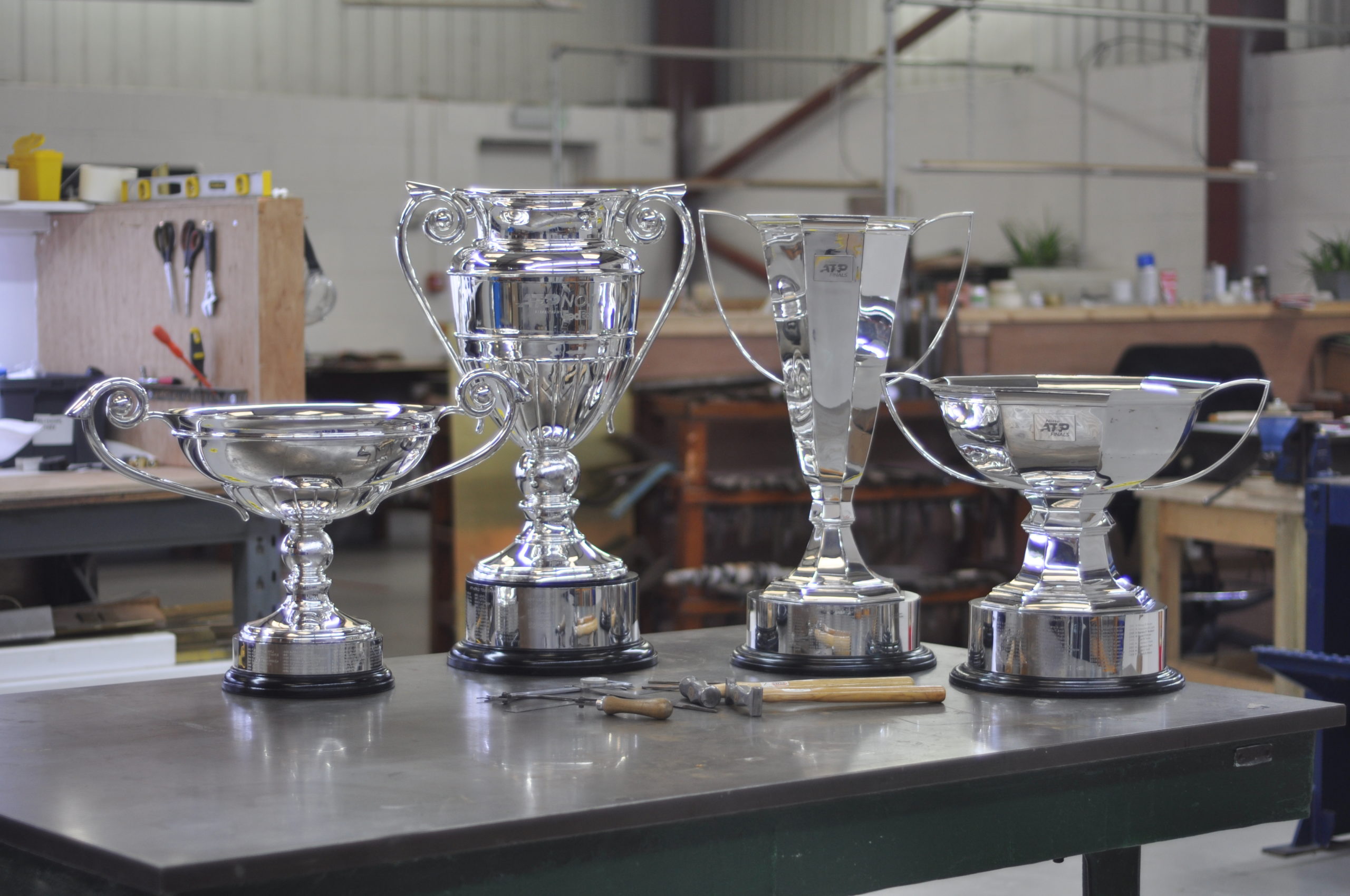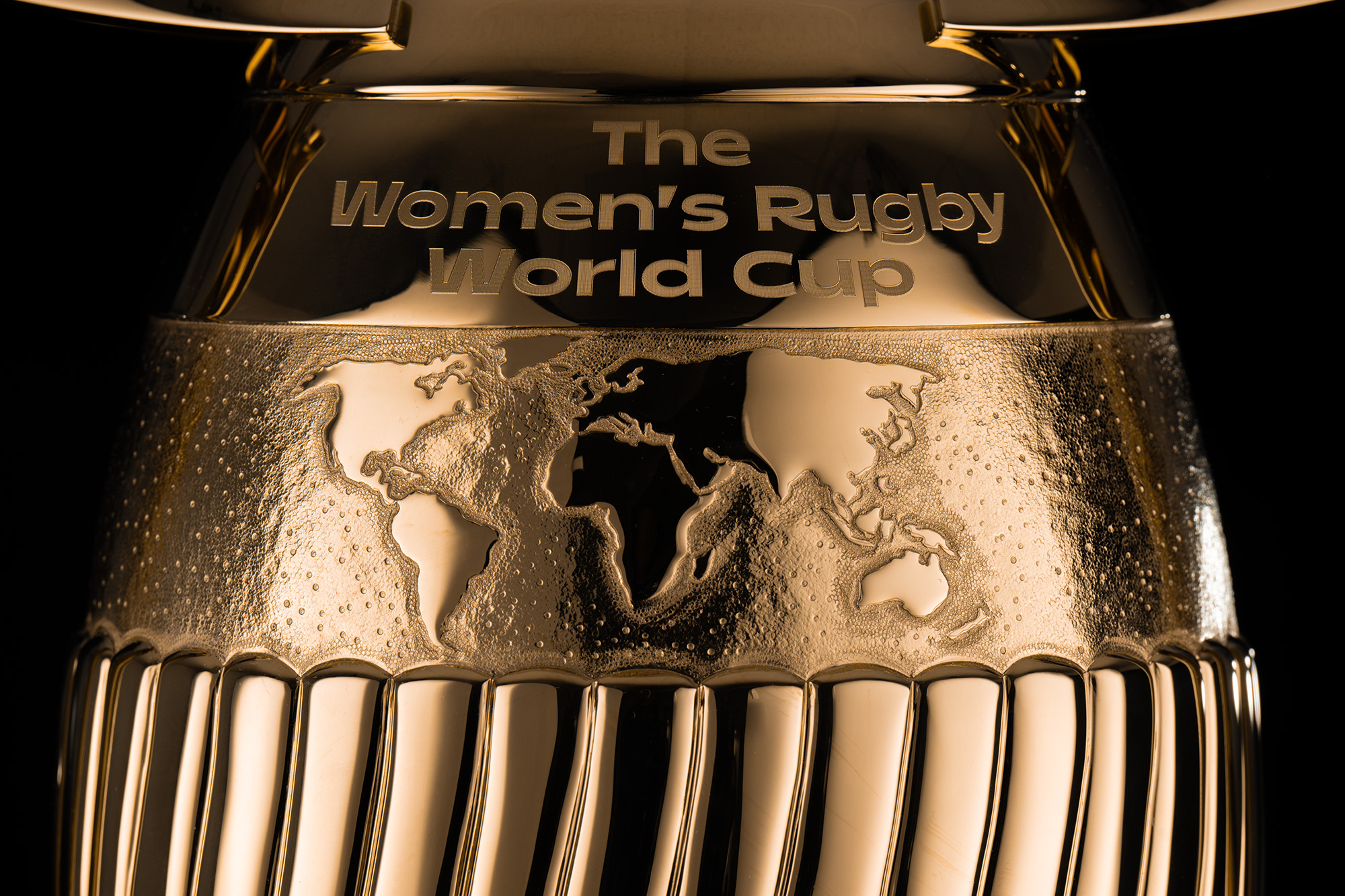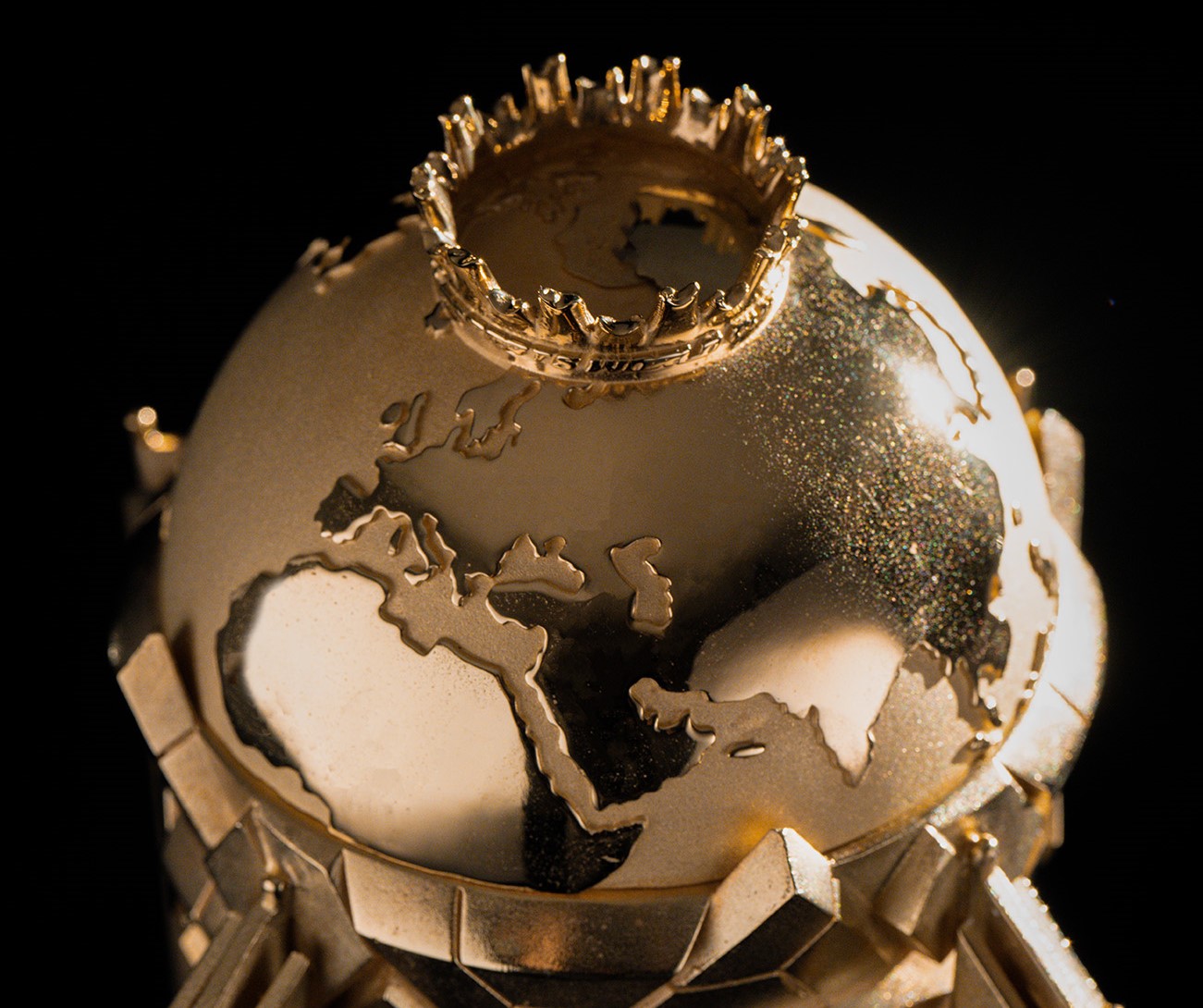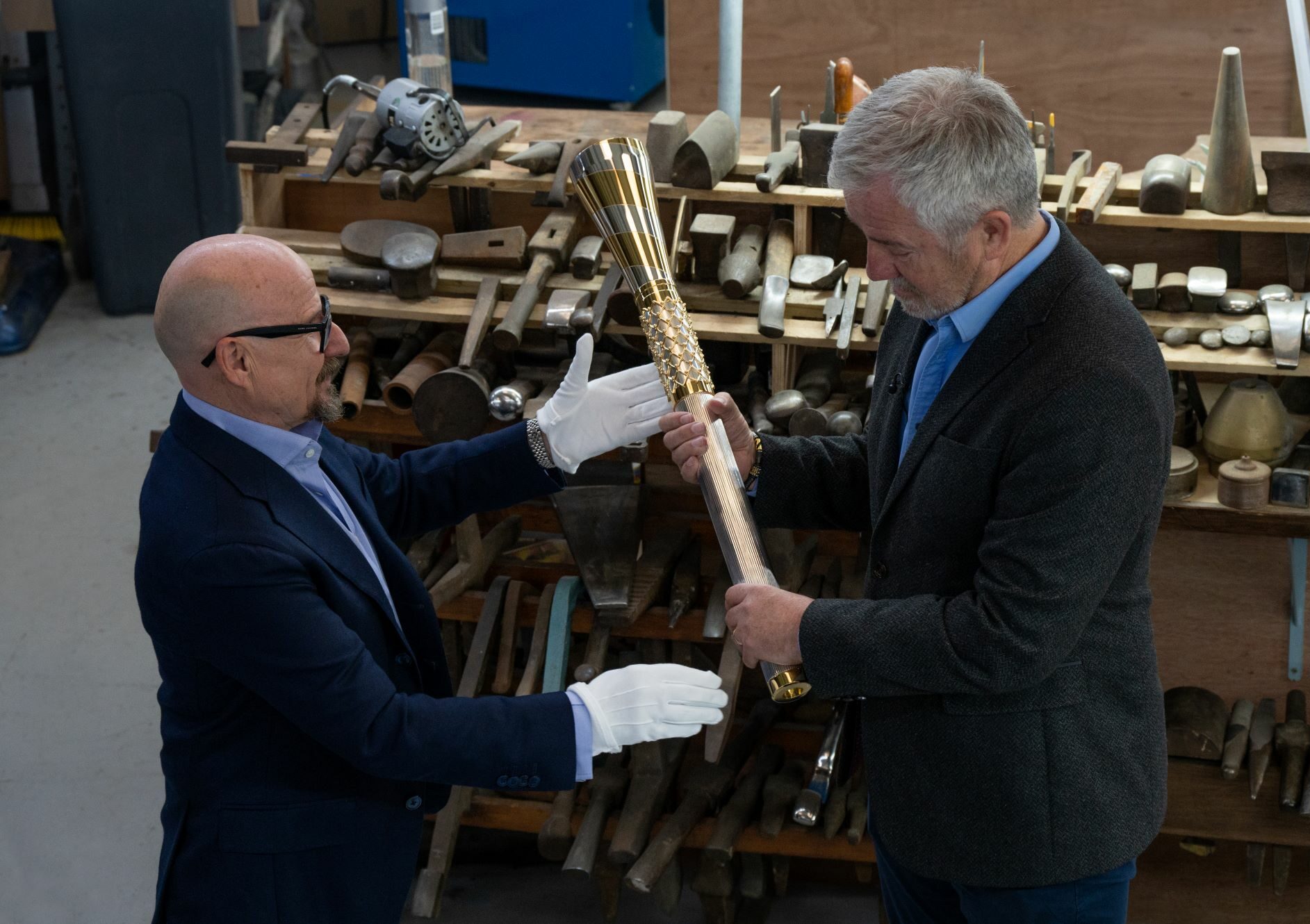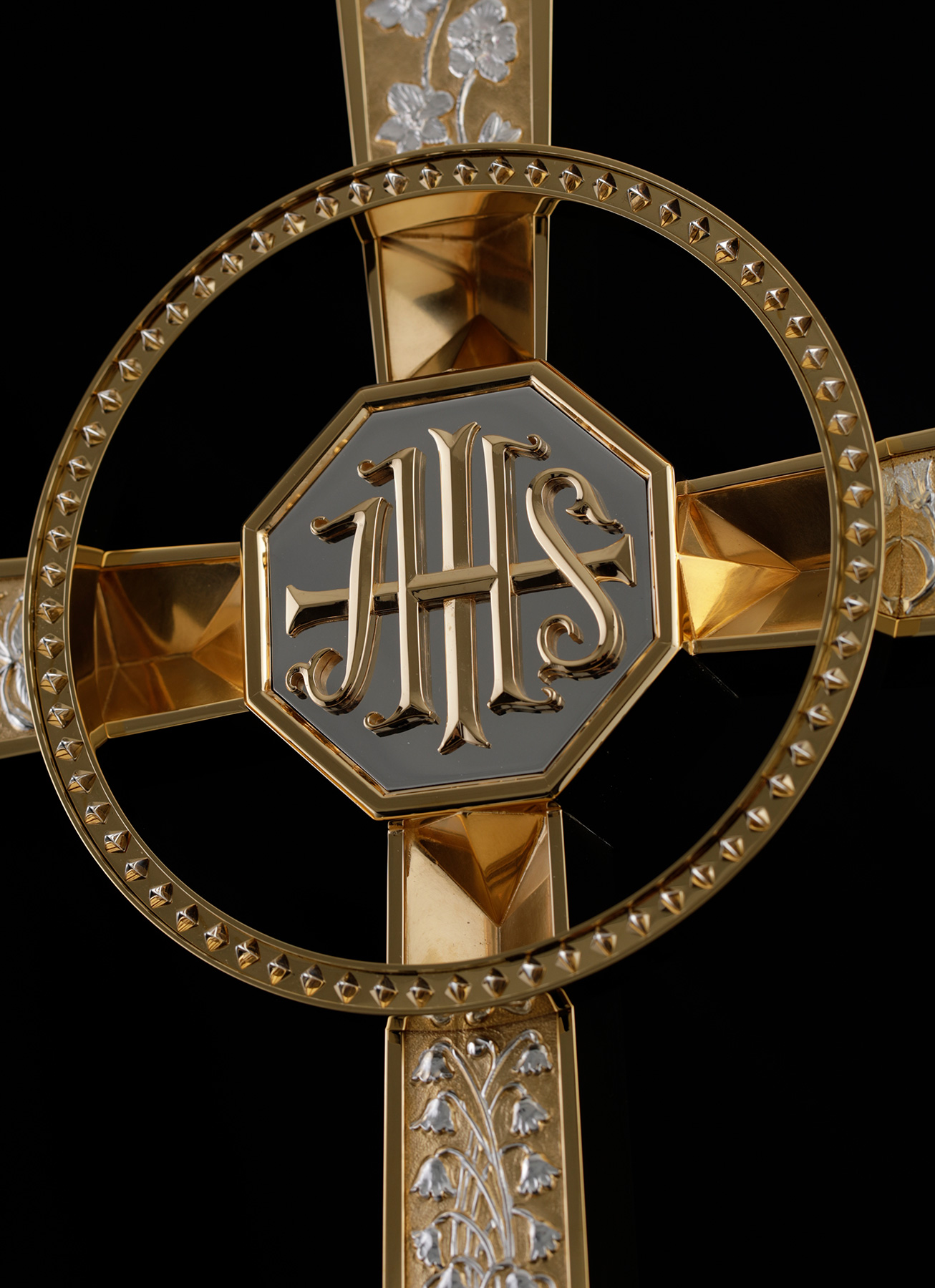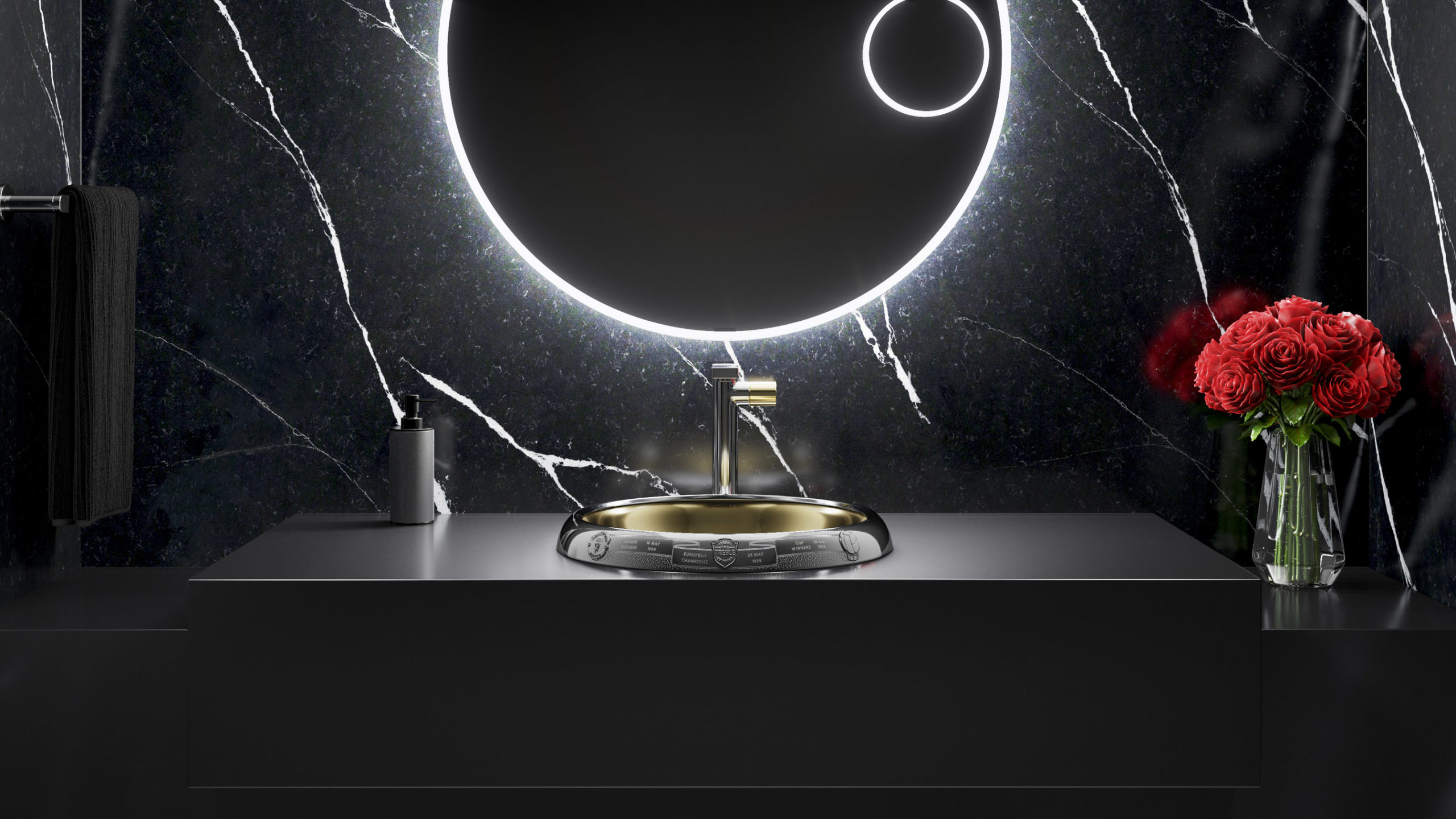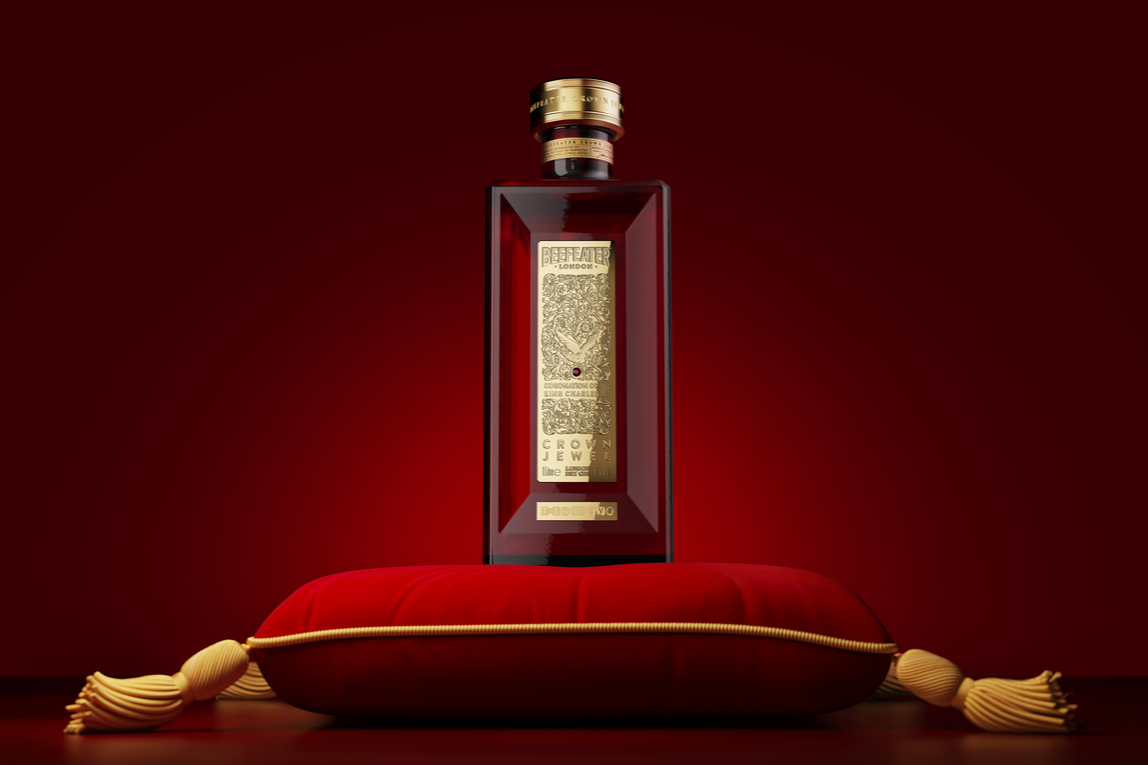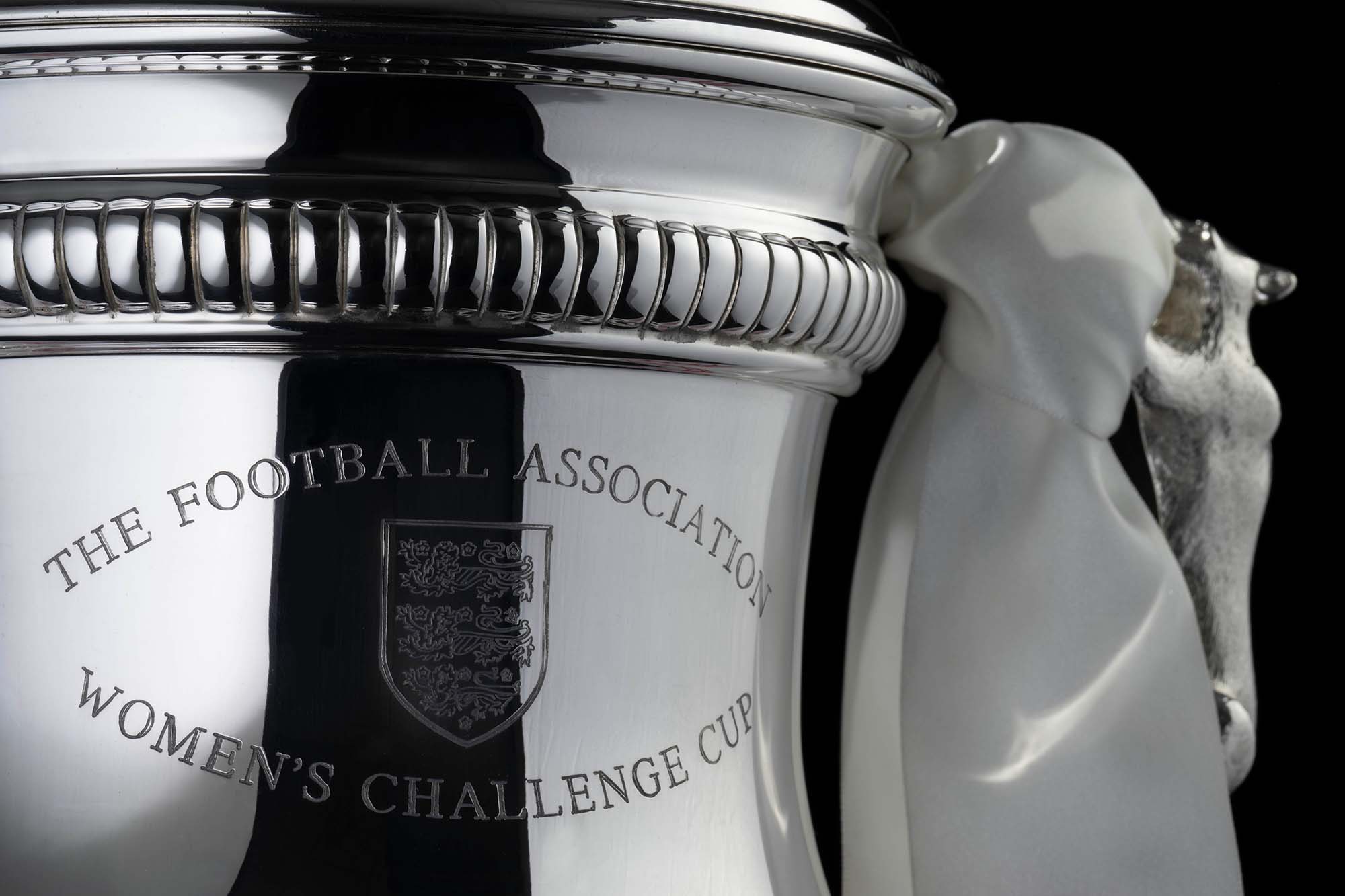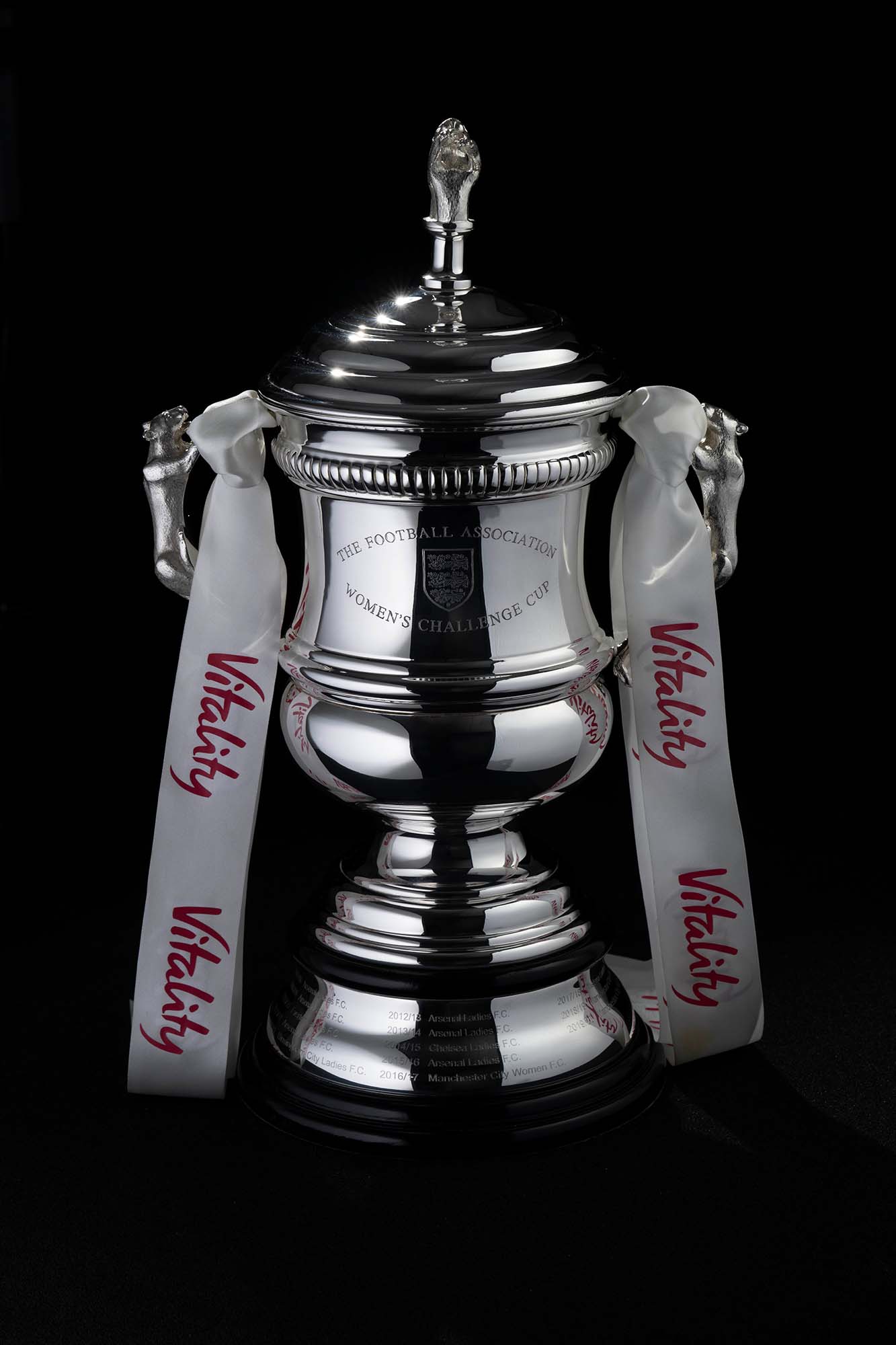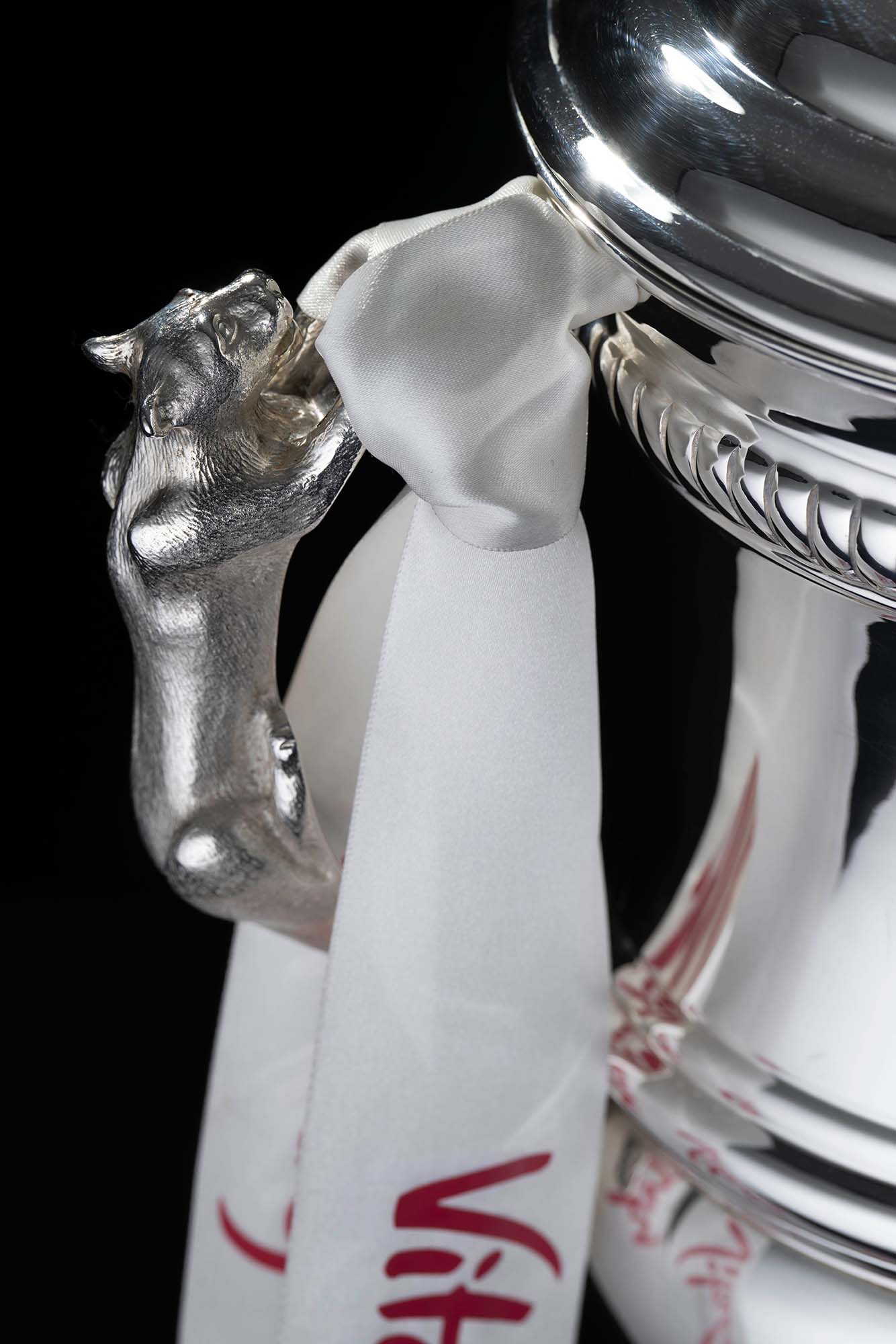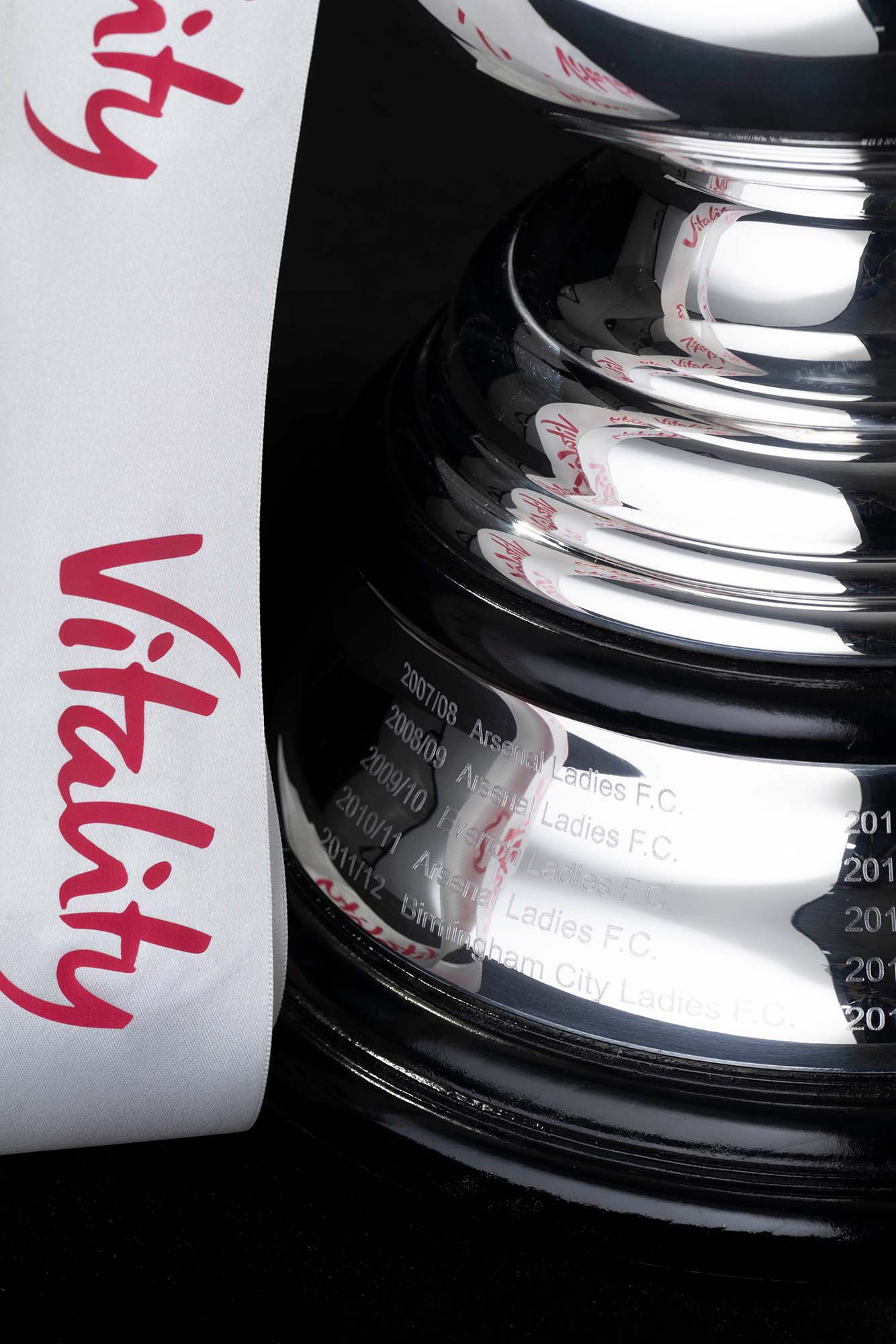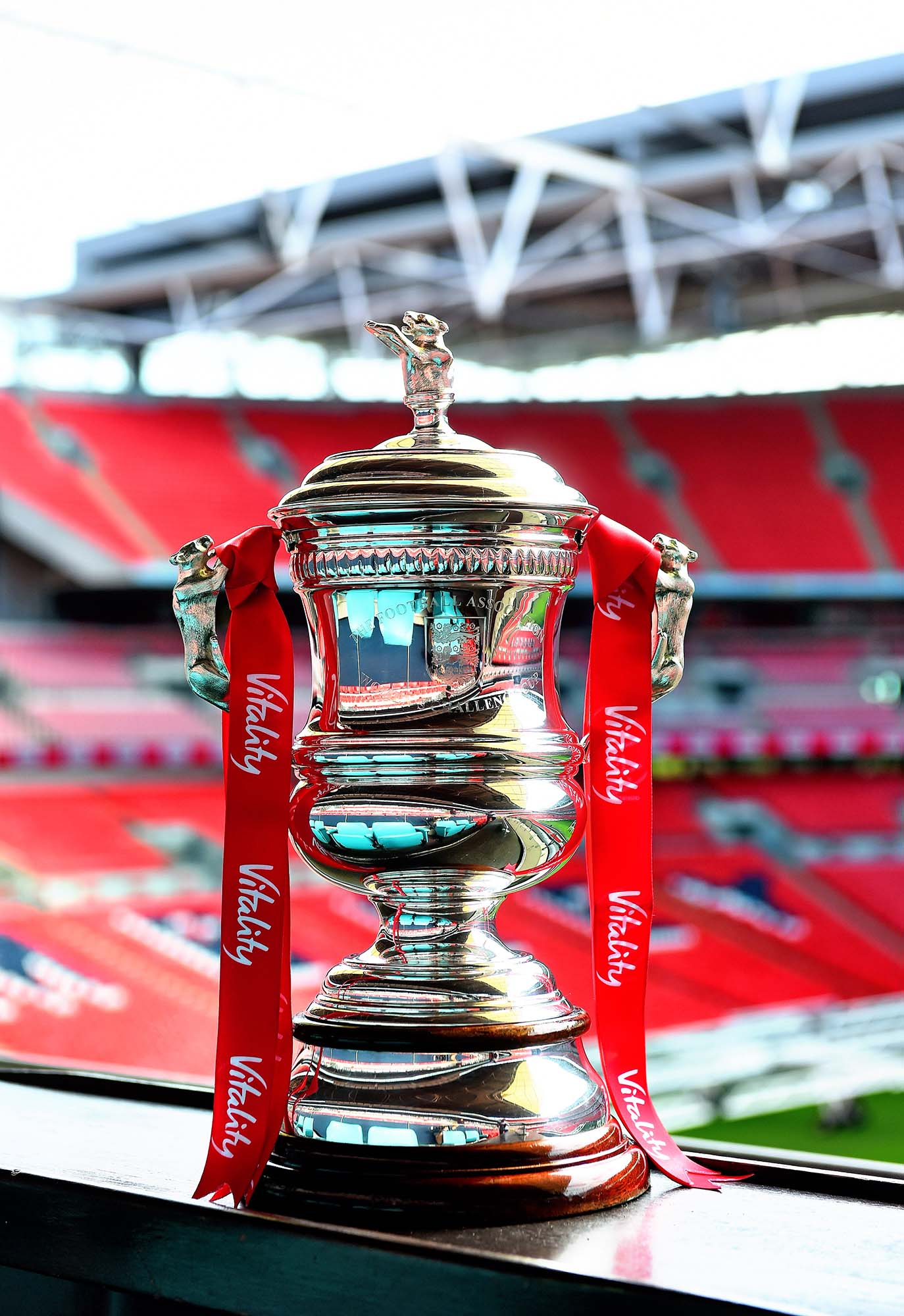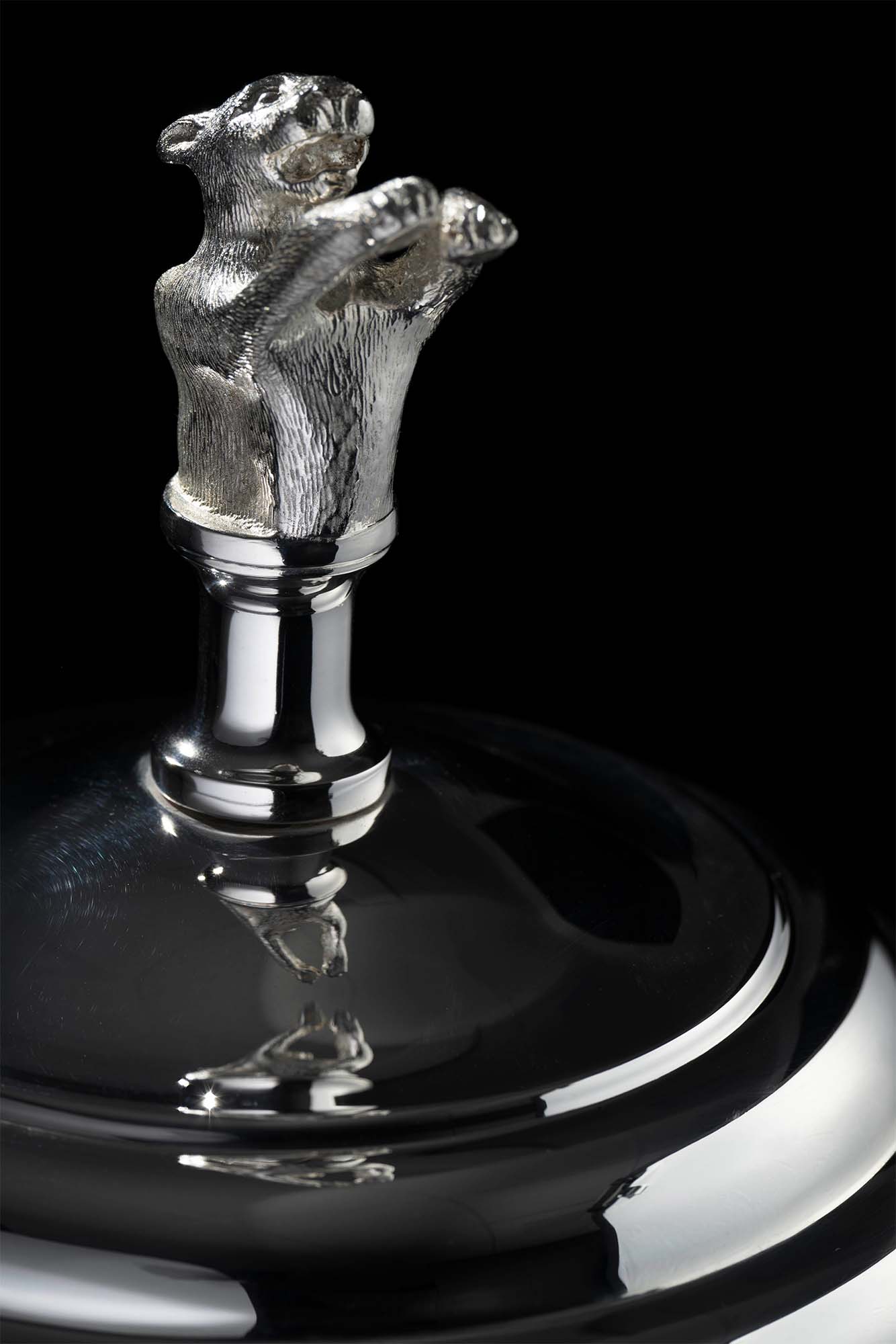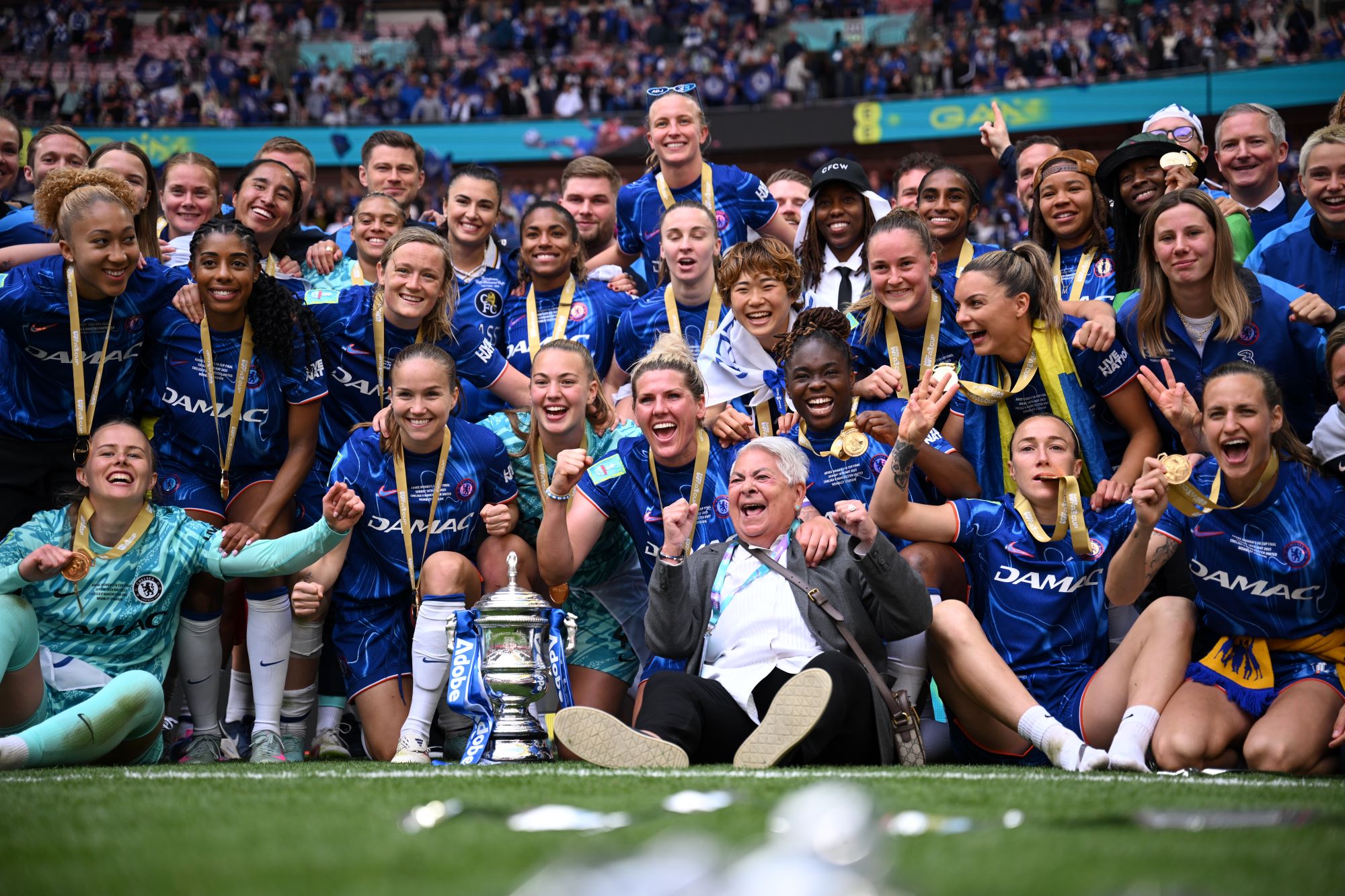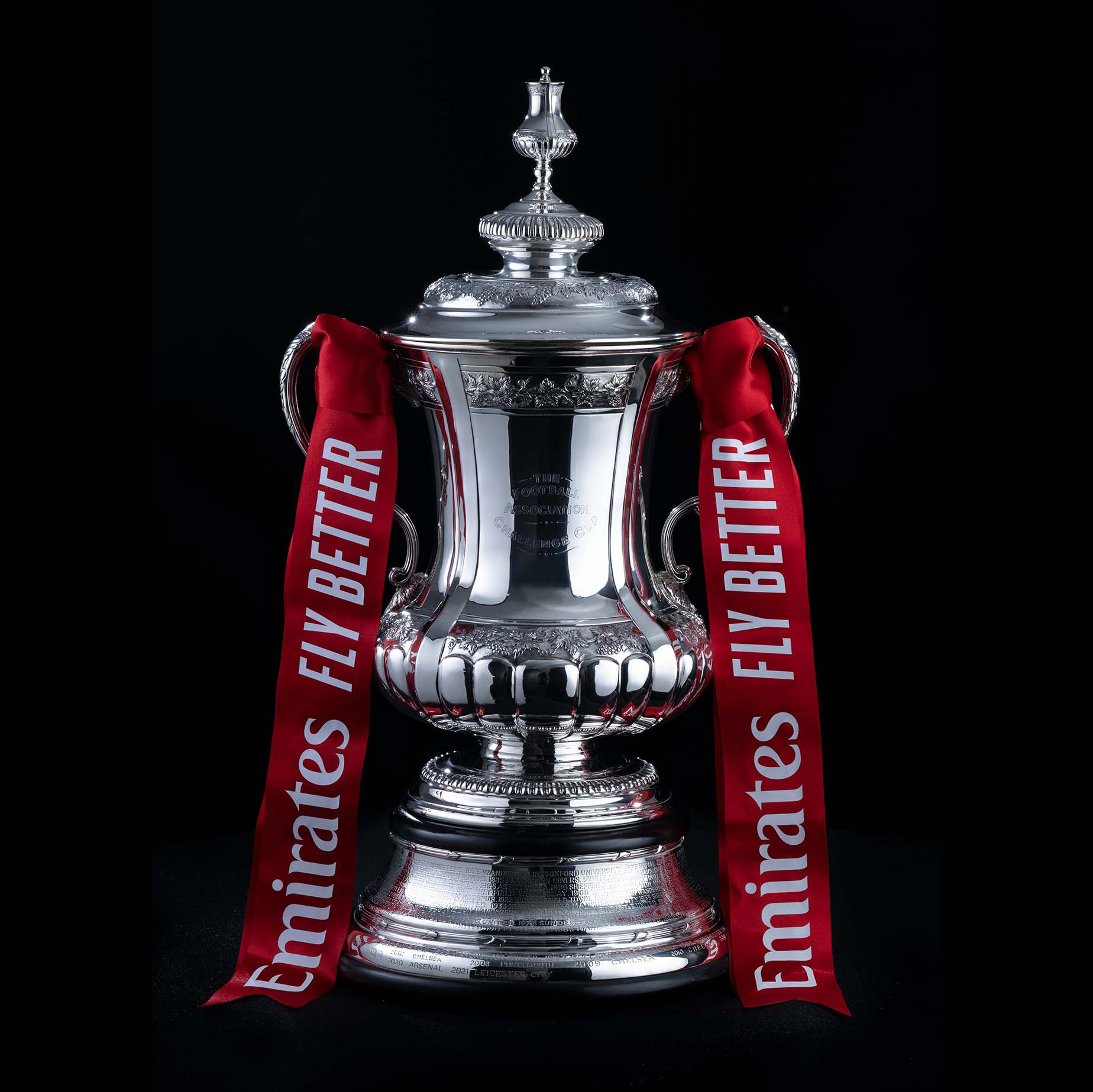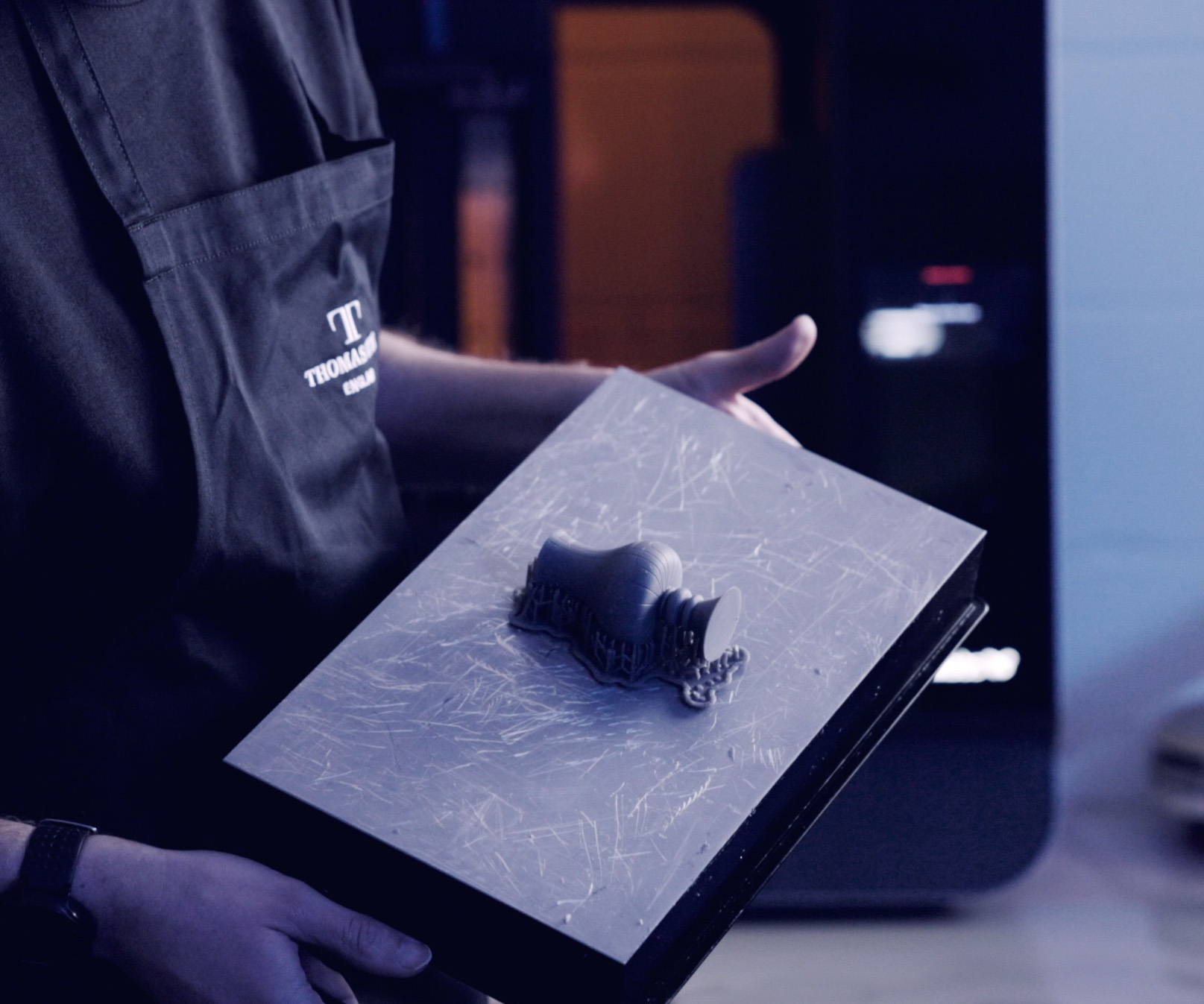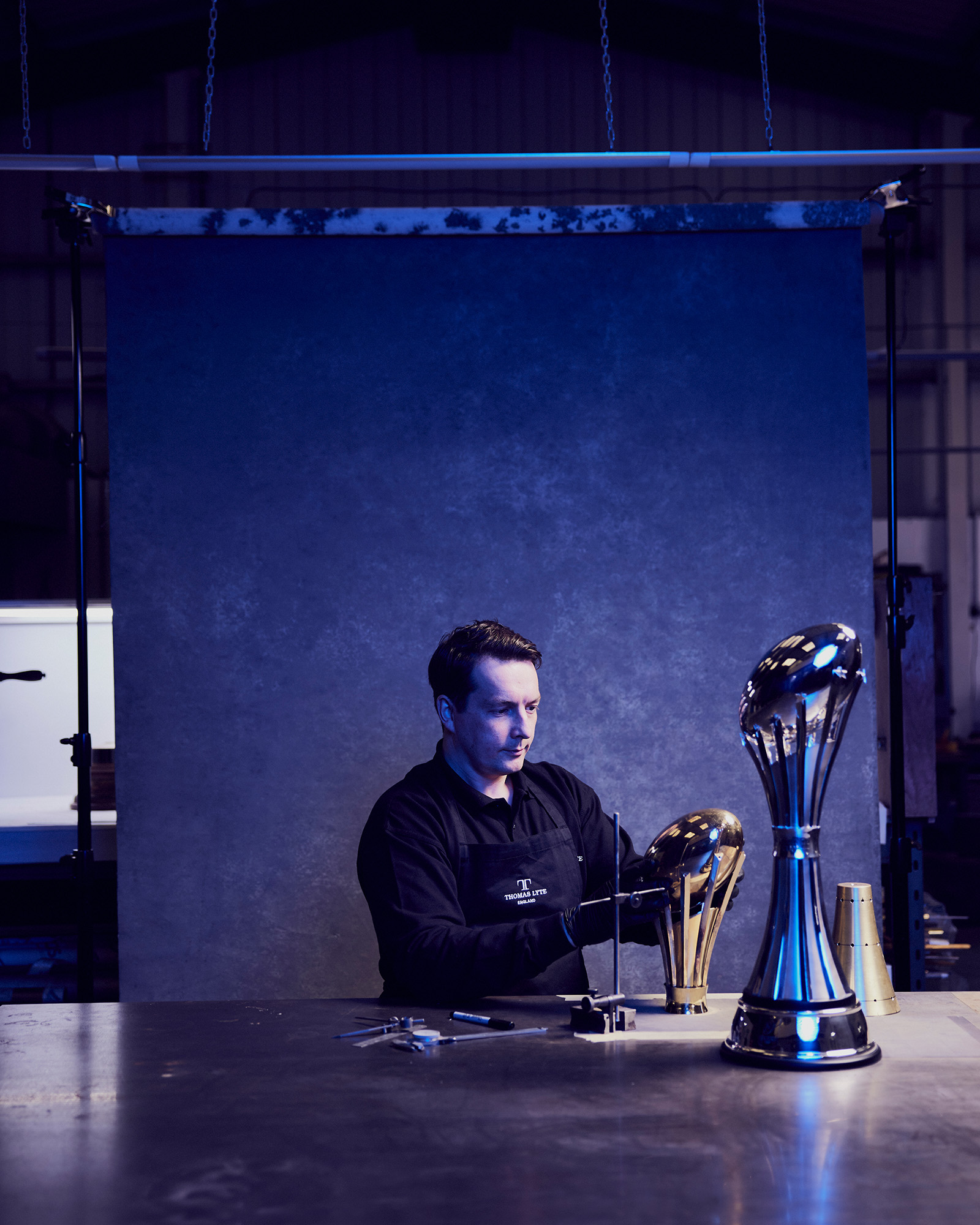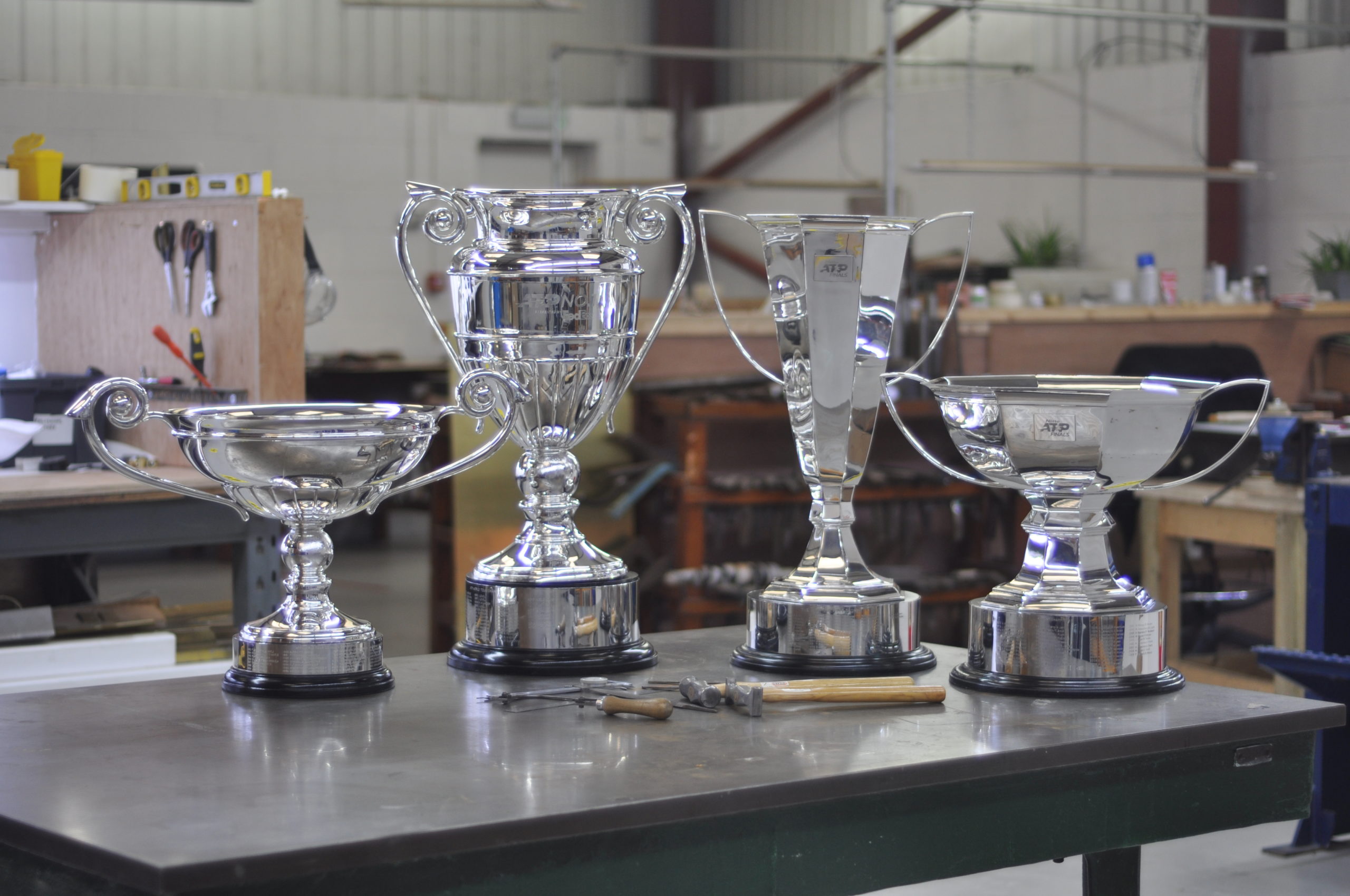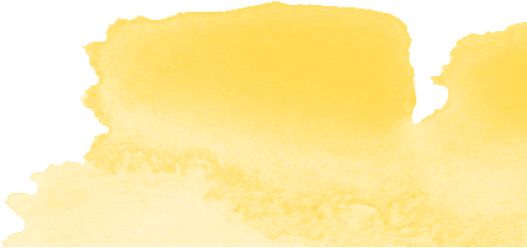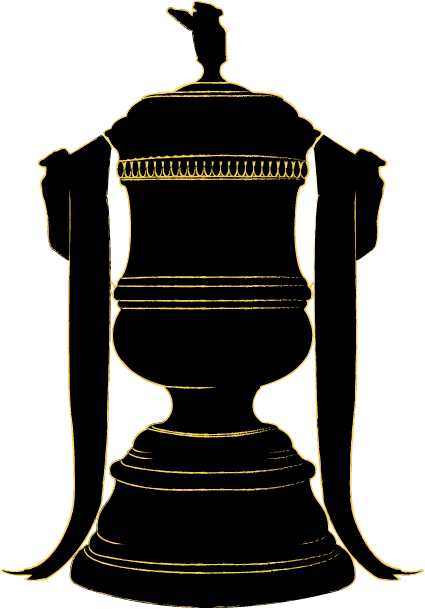Making the Adobe Women’s FA Cup
The Thomas Lyte-designed trophy is one of the earliest to be hand-crafted in our London workshop, with the trophy itself cast from sterling 925 silver and created using traditional techniques, many of which date back thousands of years. Hand-chased, the trophy’s stunning intricacy is the result of almost 180 hours of work, with our Master Craftsman utilising decades of experience and skill to produce a trophy that embodies the true spirit of the FA Cup.
Our specialist engravers and polishers also played a key role in ensuring that the trophy looked at its absolute best when it was held aloft for the first time following the final in 1997/98.
As one of our earliest and best-loved trophies, the trophy returns to our workshop on a regular basis. Unsurprisingly, given the number of hands it passes through in between finals, the trophy often suffers a degree of wear and tear. But the team that lovingly crafted it all those years ago, now take as much pleasure in restoring it as they did from making it in the original instance. It might be a minor scratch or a significant dent, but our industry-leading silversmiths and goldsmiths use age-old methods to ensure that by the time our in-house quality control team have signed it off, the trophy is ready to return to the FA in pristine condition.
![baton of hope mike mccarthy recieves baton from Thomas Lyte]() A Symbol of Hope for the UK
A Symbol of Hope for the UK![Designers Makers Of The Queen Elizabeth II Platinum Jubilee Processional Cross 3 1306x1800]() Culture Round-Up: 2022 and the Queen Elizabeth II Processional Cross
Culture Round-Up: 2022 and the Queen Elizabeth II Processional Cross